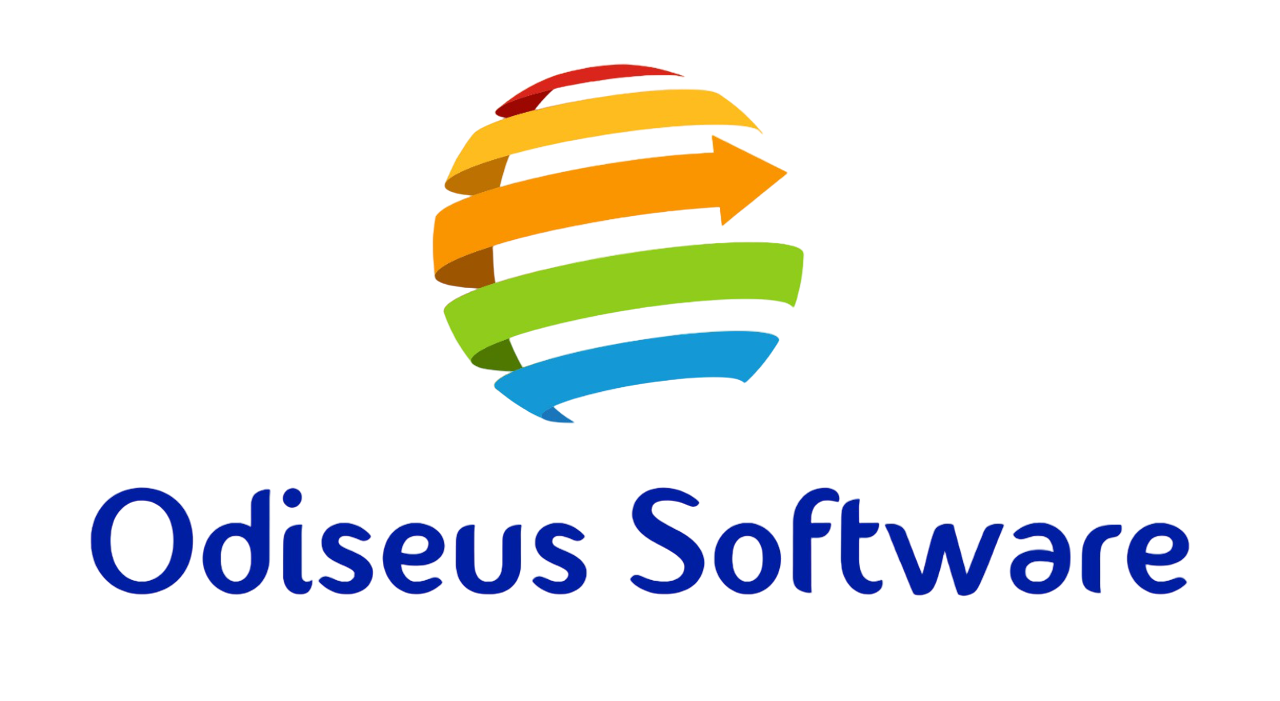Courses Offered By Odiseus Software
Our software courses are carefully designed to cater to a wide range of skill levels and interests. Whether you are a beginner looking to enter the world of software development or an experienced professional aiming to enhance your expertise, we have courses tailored to meet your needs.
| Cloud Computing | UI/UX Development | DevOps |
| Data Analytics | Artificial Intelligence | Edge Computing |
| Mobile App Development | Bigdata | Internet of things |
| Cybersecurity | Augmented Reality | Deep Learning |
| Natural Language Processing | Machine Learning | Smart Device |
| Robotics |
Artificial Intelligence
A software company can leverage artificial intelligence (AI) in several ways to enhance its products and services. Here are some common use cases of AI in the context of a software company:
- Machine Learning and Predictive Analytics: Software companies can utilize machine learning algorithms to analyze large datasets and extract valuable insights. This can enable predictive analytics, where AI models learn from historical data to make predictions about future outcomes.
- Natural Language Processing (NLP): NLP allows software companies to build applications that understand and process human language.
- Intelligent Automation: AI can be used to automate repetitive and mundane tasks within software applications. For example, a software company might employ AI-driven robotic process automation (RPA) to automate data entry, form processing, or other manual tasks
- Computer Vision: Computer vision technology enables software companies to work with visual data such as images and videos. This can involve tasks like object recognition, image classification, facial recognition, and video analysis.
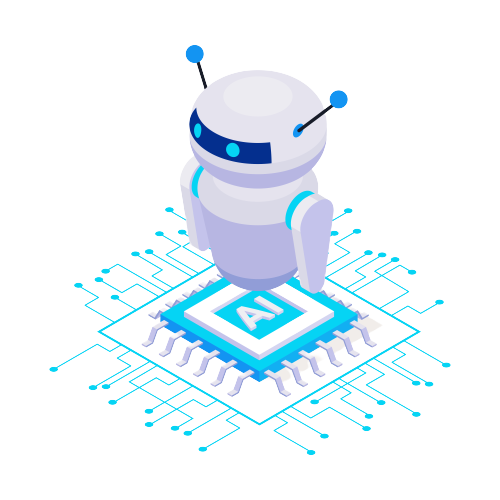
Big Data
A software company can leverage big data to enhance its products and services in various ways. Here are some common use cases of big data in the context of a software company:
Data-driven Decision Making: By collecting and analyzing large volumes of data, software companies can gain valuable insights that drive informed decision-making. Big data analytics enables companies to identify trends, patterns, and correlations in data, helping them make strategic business decisions and optimize their operations.
- Data-driven Decision Making: By collecting and analyzing large volumes of data, software companies can gain valuable insights that drive informed decision-making.
- Personalization and Customer Segmentation: Big data allows software companies to understand their customers better and provide personalized experiences.
- Product Development and Improvement: Big data can play a crucial role in product development and improvement. By analyzing user feedback, usage patterns, and performance data, software companies can identify areas for improvement and prioritize new features or enhancements.
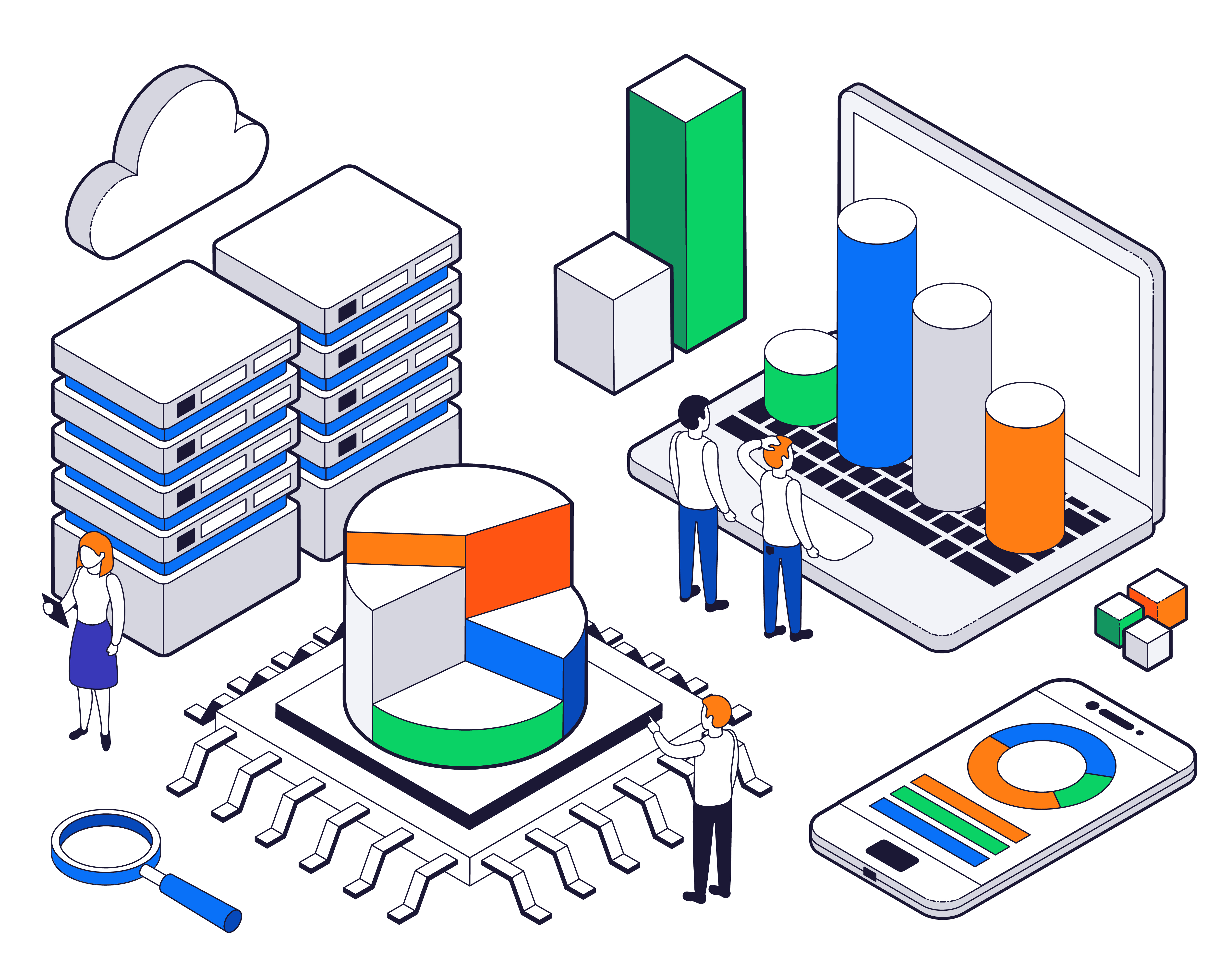
Data Science
Software companies can leverage data science to extract valuable insights from data and enhance their products and services. Here are some common use cases of data science in the context of a software company:
- Data Analysis and Visualization: Data science techniques enable software companies to analyze and visualize large and complex datasets. This helps in understanding trends, patterns, and correlations within the data, allowing companies to make data-driven decisions and communicate insights effectively to stakeholders.
- Predictive Analytics and Machine Learning: By applying predictive analytics and machine learning algorithms, software companies can build models that make predictions or classifications based on historical data. These models can be used for various purposes, such as demand forecasting, customer segmentation, fraud detection, or recommendation systems.
- Customer Insights and Personalization: Data science helps software companies gain insights into customer behavior and preferences. By analyzing user data, companies can understand customer needs, segment their user base, and deliver personalized experiences.
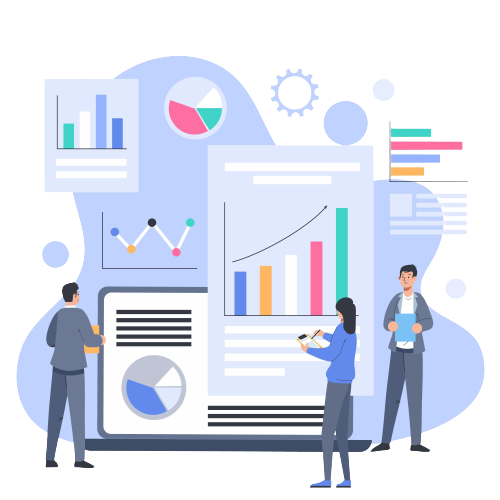
DevOps
The DevOps approach is a hot trend among various software development companies. It helps an organization bridge the gap between the software development and operations teams, resulting in speedy and effective software development and management process.
DevOps models are used to automate the development process and enable the teams to operate efficiently and produce quick and reliable applications. Therefore, DevOps Engineers are in huge demand in the software development industry.
- Continuous Integration and Delivery (CI/CD): DevOps practices enable the automation of software build, testing, and deployment processes. This allows for frequent and reliable software releases, ensuring faster time-to-market and reducing the risk of errors.
- Collaboration and Communication: DevOps fosters a culture of collaboration and communication between development, operations, and other teams involved in the software development lifecycle.
- Scalability and Flexibility: DevOps practices facilitate scalability and flexibility in software development
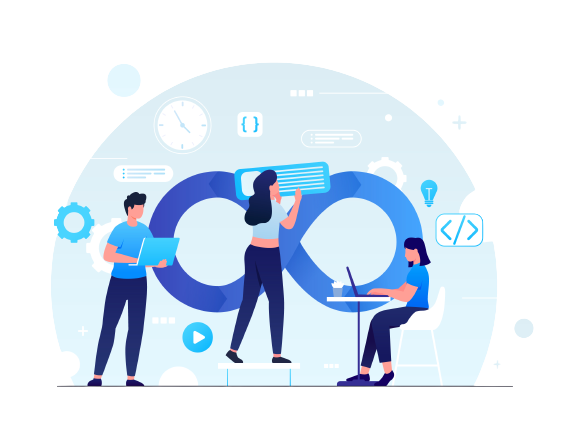
Cloud Computing
Cloud computing has revolutionized the software industry by providing scalable, flexible, and cost-effective solutions for businesses of all sizes. Here are some key aspects of cloud computing and its use in the software industry:
Infrastructure as a Service (IaaS): Cloud providers offer virtualized computing resources such as servers, storage, and networking, allowing software companies to quickly provision and scale infrastructure based on their needs.
- Platform as a Service (PaaS): PaaS platforms provide a complete development and deployment environment in the cloud.
- Software as a Service (SaaS): SaaS allows software companies to deliver applications over the internet, typically on a subscription basis.
- Scalability and Flexibility: Cloud computing offers unparalleled scalability, allowing software companies to scale their resources up or down based on demand. This is particularly useful for applications with varying workloads or rapidly growing user bases.
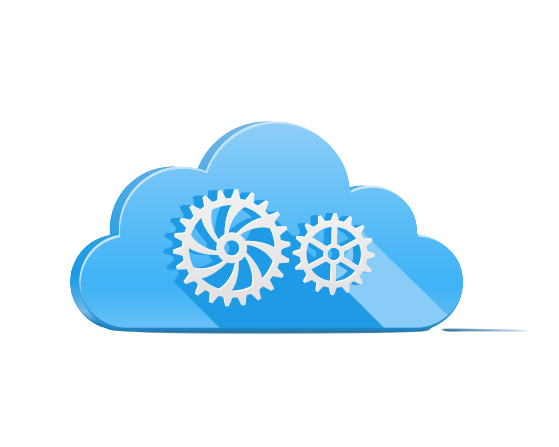
Full Stack Development
Full stack development is a comprehensive approach to software development that involves working on both the front-end and back-end aspects of an application.
A full stack developer is proficient in multiple programming languages, frameworks, and technologies, allowing them to handle both the client-side and server-side components of an application. Here's how full stack development is used in the software industry:
- Versatility and Efficiency: Full stack developers possess a wide range of skills, enabling them to work on different layers of an application. They can handle tasks related to the user interface (UI), user experience (UX), business logic, databases, server-side programming, and more.
- End-to-End Development: Full stack developers are capable of handling the entire development process from start to finish. They can design user interfaces, develop client-side functionalities using technologies like HTML, CSS, and JavaScript, build server-side logic using frameworks like Node.js, Django, or Ruby on Rails, and interact with databases.
- Rapid Prototyping: Full stack developers excel at quickly prototyping and building minimum viable products (MVPs) or proof-of-concept applications. By having expertise across different layers of an application

